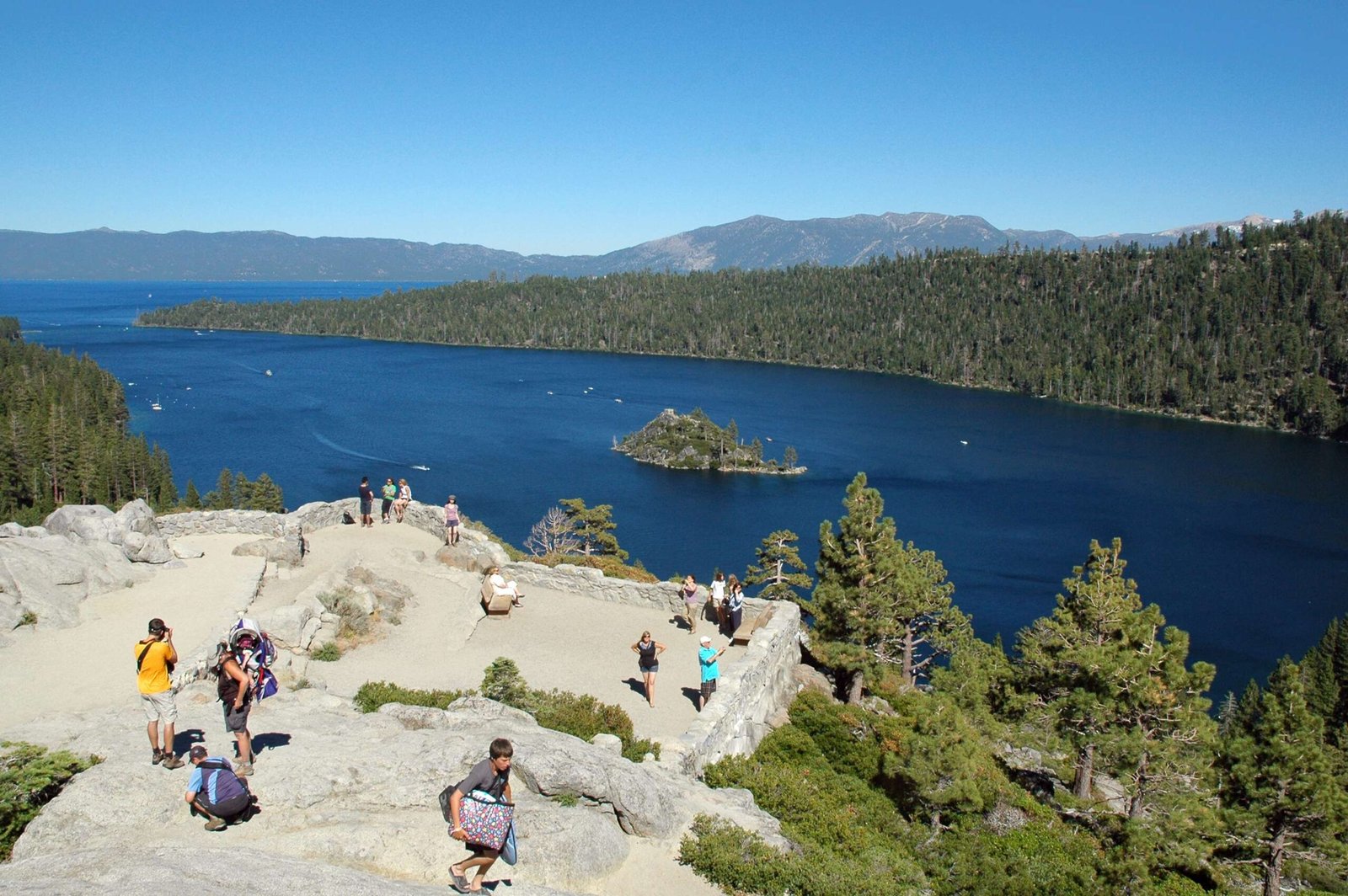The South Lake Tahoe Search and Rescue (SAR) team represents a critical emergency response unit operating within the challenging alpine wilderness of El Dorado County. Comprised of over 150 highly trained volunteers, this elite team navigates treacherous terrain spanning 200,000 acres, responding to approximately 80-120 rescue missions annually with exceptional skill, specialized equipment, and unwavering commitment to saving lives in extreme environmental conditions.
What Makes South Lake Tahoe Search and Rescue Unique?

The South Lake Tahoe Search and Rescue team stands out due to its comprehensive training, specialized equipment, and deep understanding of the region’s complex wilderness landscape. Their operational capabilities extend far beyond traditional emergency response.
Key Capabilities of the Team
| Rescue Specialization | Equipment | Training Level |
|---|---|---|
| Technical Rope Rescue | GPS Tracking Radios | Monthly Professional Training |
| Alpine Snow/Ice Travel | Specialized Rescue Vehicles | 5,000+ Annual Volunteer Hours |
| Water Rescue | Helicopter Evacuation Gear | Advanced Medical Certification |
| Canine Search | OHV Mechanized Transport | Terrain-Specific Skills |
Who Comprises the Rescue Team?
The team consists of dedicated volunteers who:
– Commit to monthly training sessions
– Participate in at least 30% of annual callouts
– Possess diverse skills in wilderness navigation
– Undergo rigorous physical and technical training
– Represent a cross-section of community professionals
What Challenges Do Rescuers Face?

South Lake Tahoe Search and Rescue confronts multiple challenging scenarios:
– Extreme alpine terrain
– Unpredictable weather conditions
– Remote wilderness locations
– Technical rescue requirements
– Potential wildlife interactions
Rescue Response Statistics
- Annual Missions: 80-120 rescue operations
- Volunteer Hours: Over 5,000 annually
- Coverage Area: 200,000 acres of wilderness
- Response Time: 24/7, year-round availability
How Can Visitors Prepare for Wilderness Safety?
Wilderness safety requires strategic preparation:
- Essential Gear Checklist:
- Topographical map
- Compass
- First aid kit
- Emergency communication device
- Extra clothing layers
- High-energy food supplies
-
Water filtration system
-
Emergency Contact Information:
- Local Sheriff’s Office: 911
- El Dorado County SAR: [Official Website]
- Nearest Ranger Station contact
What Equipment Enables Successful Rescues?
Advanced technological and specialized equipment enables the team’s success:
– High-resolution GPS tracking systems
– Thermal imaging cameras
– Advanced communication radios
– Specialized alpine and snow rescue gear
– Helicopter extraction capabilities
– Canine search and rescue units
What Training Prepares Rescue Professionals?
Comprehensive training encompasses:
– Technical rope rescue techniques
– Alpine and snow travel skills
– Advanced medical emergency response
– Wilderness survival strategies
– Psychological preparedness
– Team coordination protocols
Critical Safety Recommendations
Visitors to South Lake Tahoe wilderness should:
– Always inform someone of travel plans
– Check weather conditions before departure
– Carry appropriate survival gear
– Understand personal physical limitations
– Learn basic wilderness survival skills
How to Support Local Search and Rescue?
Community support is crucial:
– Donate to local SAR organizations
– Attend wilderness safety workshops
– Volunteer for training programs
– Spread awareness about wilderness preparedness
References:
– El Dorado County Sheriff’s Search and Rescue Unit
– South Lake Tahoe – El Dorado SAR
– El Dorado Search and Rescue

